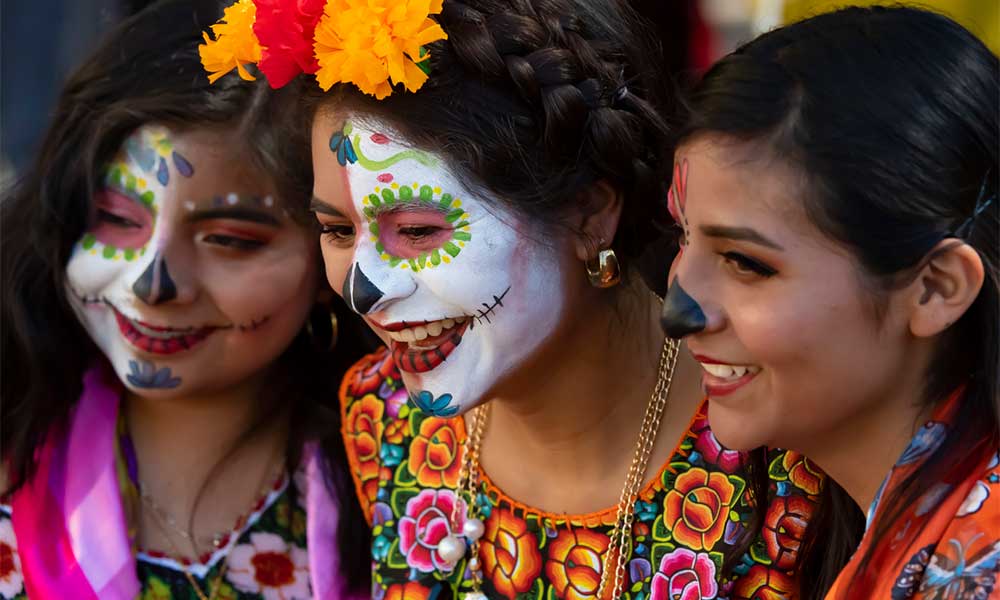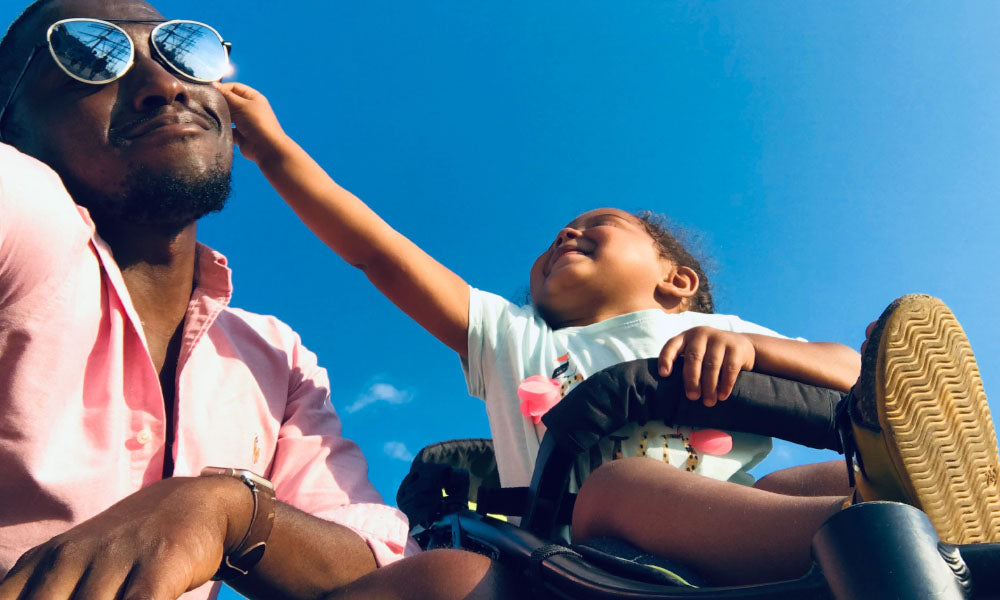Introducing music into your child’s life from a young age provides a myriad of positive prosocial abilities, from language acquisition to organizational skills. Music classes, violin lessons, and band practice all offer great benefits beyond pretty music and social interaction. They also support the development of working memory and help reduce anxiety.
But did you know that the “Itsy Bitsy Spider” could also help develop your child’s empathy?
This critical skill seems more important now than ever: our country is politically divided, simulated violence is everywhere, mom shaming runs rampant, and school violence rates continue to increase.
In a world that often seems upside-down and topsy-turvy, it’s easy to retreat into our social bubbles and pretend that these things aren’t affecting us directly. We choose alternative schooling for our kids, hand pick their afterschool activities, live in the best neighborhoods we can afford, and try, try, try to will away the ominous negatives on the outside.
While this works for a time, what does this do to our children’s empathic development?
A major side effect of retracting into our social bubbles: hyper-homogenized groups of people whom we, and our kiddos, interact with. I’m not just talking about race, here (though that is a huge factor). I’m talking about religion, finances, educational ideals, and politics, to name a few.
So how do we choose to make sound choices for our children’s academic, social, and religious lives, while still providing an environment that encourages the development of cross cultural understanding and, subsequently, empathy?
The answer may be relatively simple: music.
Several studies have determined that children exposed to music, particularly in groups or in correlation with rhythmic movement, have higher levels of empathy. Additionally, children are more likely to feel empathy for individuals who are familiar to them. Thus, it would stand to reason that those with greater familiarity with multicultural music and music that evokes emotional responses would have higher empathy for those around them.
Some studies have shown that kids who were exposed to music at a young age, even if just through lullabies, developed thicker parts of the brain responsible for executive functioning. This means they have better working memory, attentional control, and organization skills.
How does music do all this? There are a few factors. Group interaction, particularly with rhythmic inclusions (such as drumming or singing), provides a sense of social-emotional connection and creates a feeling of responsibility for those in the group.
Rhythm and music engage the mirror neurons in our brains, which are responsible for that sensation you get when watching someone do something – like throw a ball, or get hurt – and you feel as though you know exactly how they’re feeling. Music also stimulates the autonomic nervous system, which controls your heartbeat, and the limbic system, which controls your feelings and emotions.
All this is to say that music makes you feel connected to those around you. And when you feel connected, you feel empathy.
For a dose of music every day, we love the Bright Starts Safari Beats Musical Toy. Every push of a brightly colored button helps encourage development of fine motor skills as your little one bounces to the beat. Switch it up from drum mode to melody mode and discover a whole new safari of sounds with this little instrument.
While group interaction may provide the strongest foundation for empathic development when it comes to music making, even passive listening can set your child on the right path. That’s the magic of music: all you need are your vocal chords, even if you don’t sound as smooth as ol’ Sinatra.
You’ll find an array of opportunities on any given day to incorporate positively influential music into your children’s lives. Singing, and its inherent physical understanding of, is the most readily available option.
Not sure how to incorporate singing into your daily routine? Be creative. For instance, with younger children who still need help with transitions, song is a wonderful way to both help them and promote empathic understanding.
Start by singing a “clean up song” or “tooth brushing song” as you move your kiddo from one activity to the next. If you don’t know one, make one up. Pick a few words, a couple notes, and go for it. It does not have to be Beethoven to be influential.
Music also soothes and energizes us. It has deep ties to tradition, religion, and subsequently, to cultural identity. Music can define self and introduce cultural differences. Music encourages empathic communication.
Encouraging and developing this capacity for empathy in children who have become desensitized to both simulated and real violence is a tall order. Parents need all the help we can get. So if engaging in group music lessons, or singing a little ditty about picking up toys helps ease the divide between violence and empathy, then why not give it a shot?
Now, if you’ll excuse me, I’ve got some lullabies to sing.



